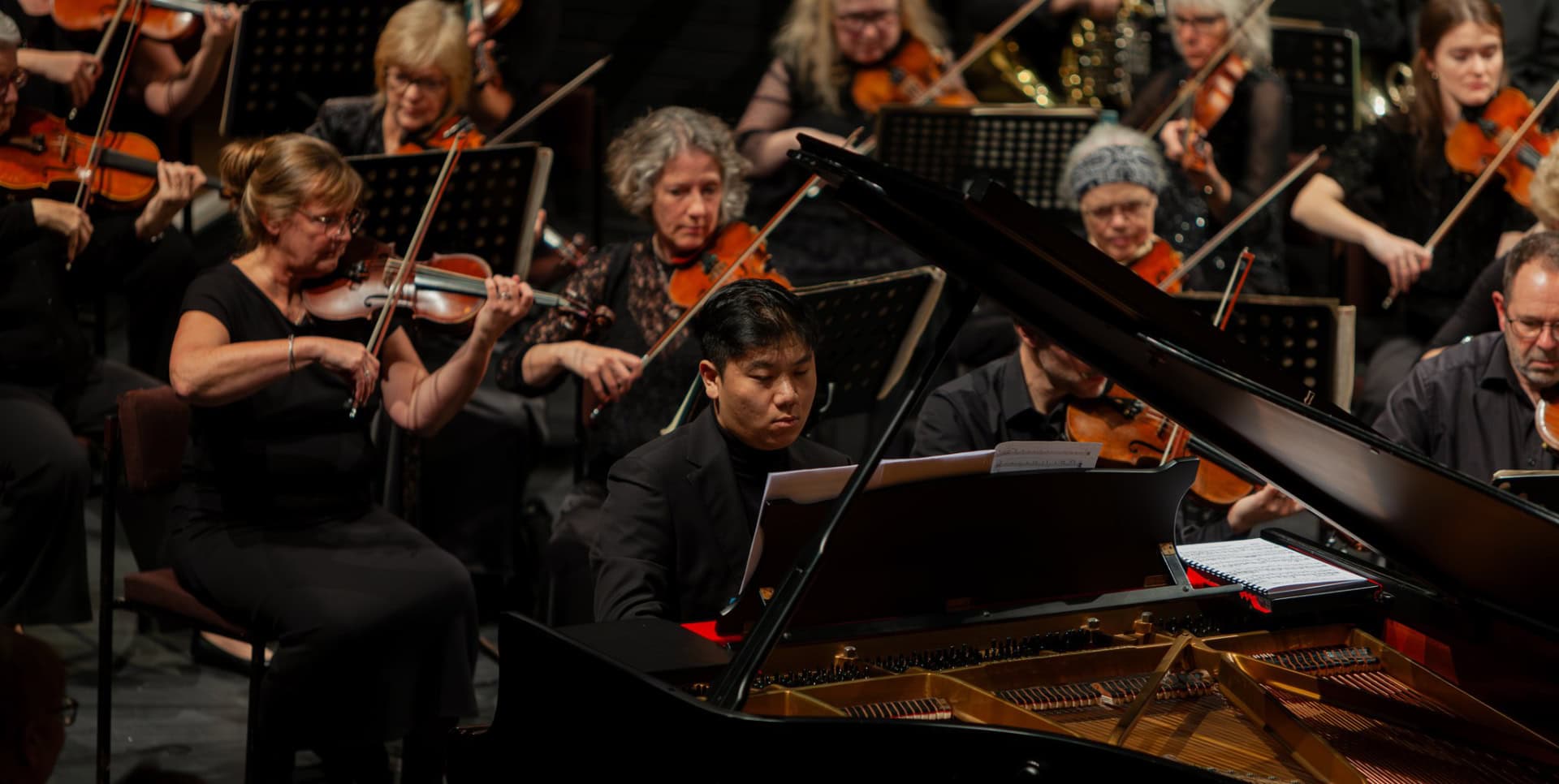Jonathan Dodd shares his review of the latest Isle of Wight Symphony Orchestra (IWSO) concert. Images with kind permission of Allan Marsh. Ed
At the beginning of November, the Isle of Wight Symphony Orchestra began its new season at the Medina Theatre. The season was unusually unwintry, and the theatre was packed with supporters and visitors, looking forward to a feast of music.
When I first started writing these reviews, wondering how short my reviewing career might turn out to be, I often listened to programmes of music I had never heard, let alone heard of.
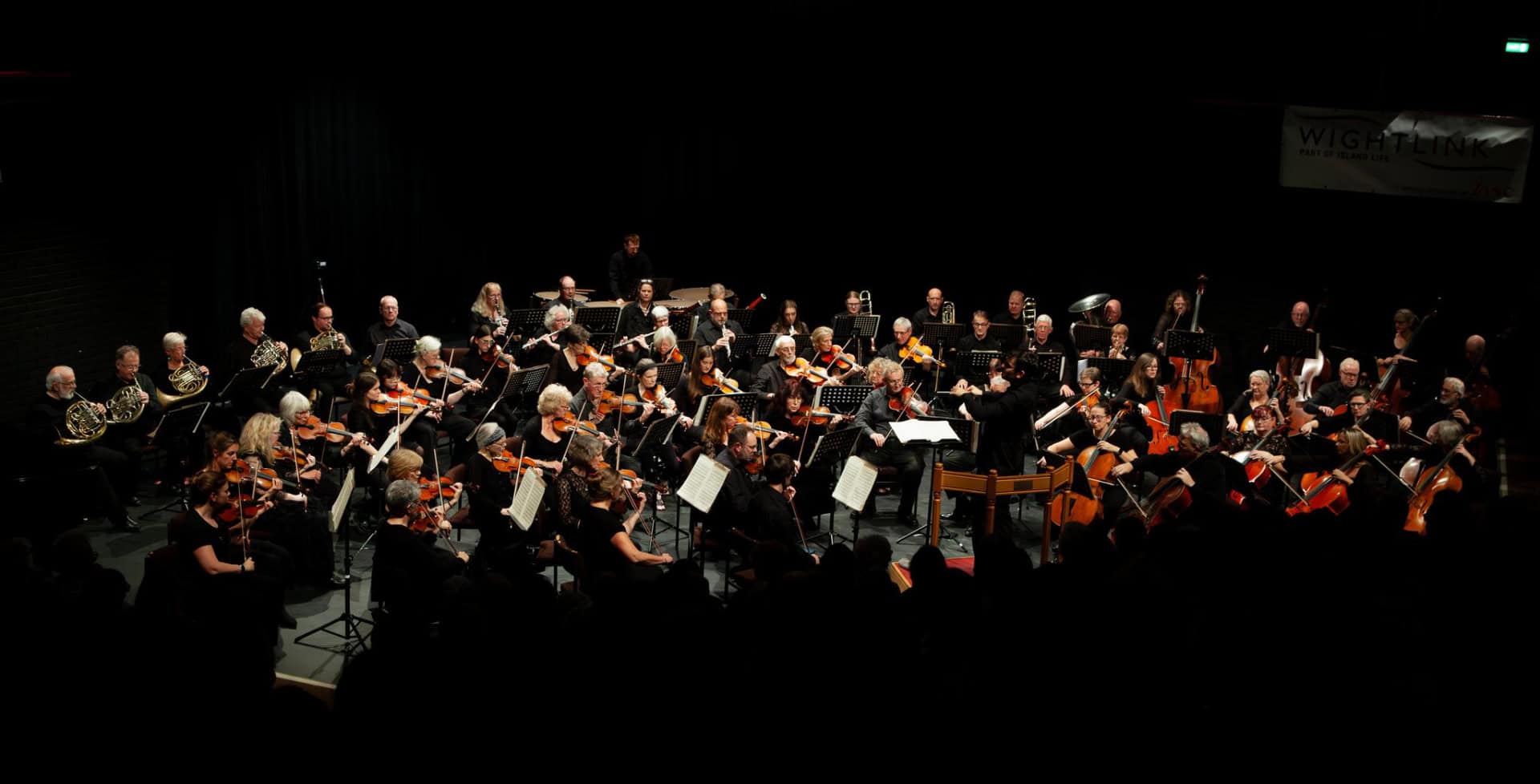
I was always enchanted by the music I was constantly introduced to, and I have never lost that feeling of wonder that so many people can come together to create something miraculous, time after time. This was the first time in a while that a programme consisted entirely of music I was not familiar with, so I was looking forward to it with equal parts of excitement and trepidation, wondering as always how I might be able to pull off yet again the magic trick of producing a review out of my otherwise empty head.
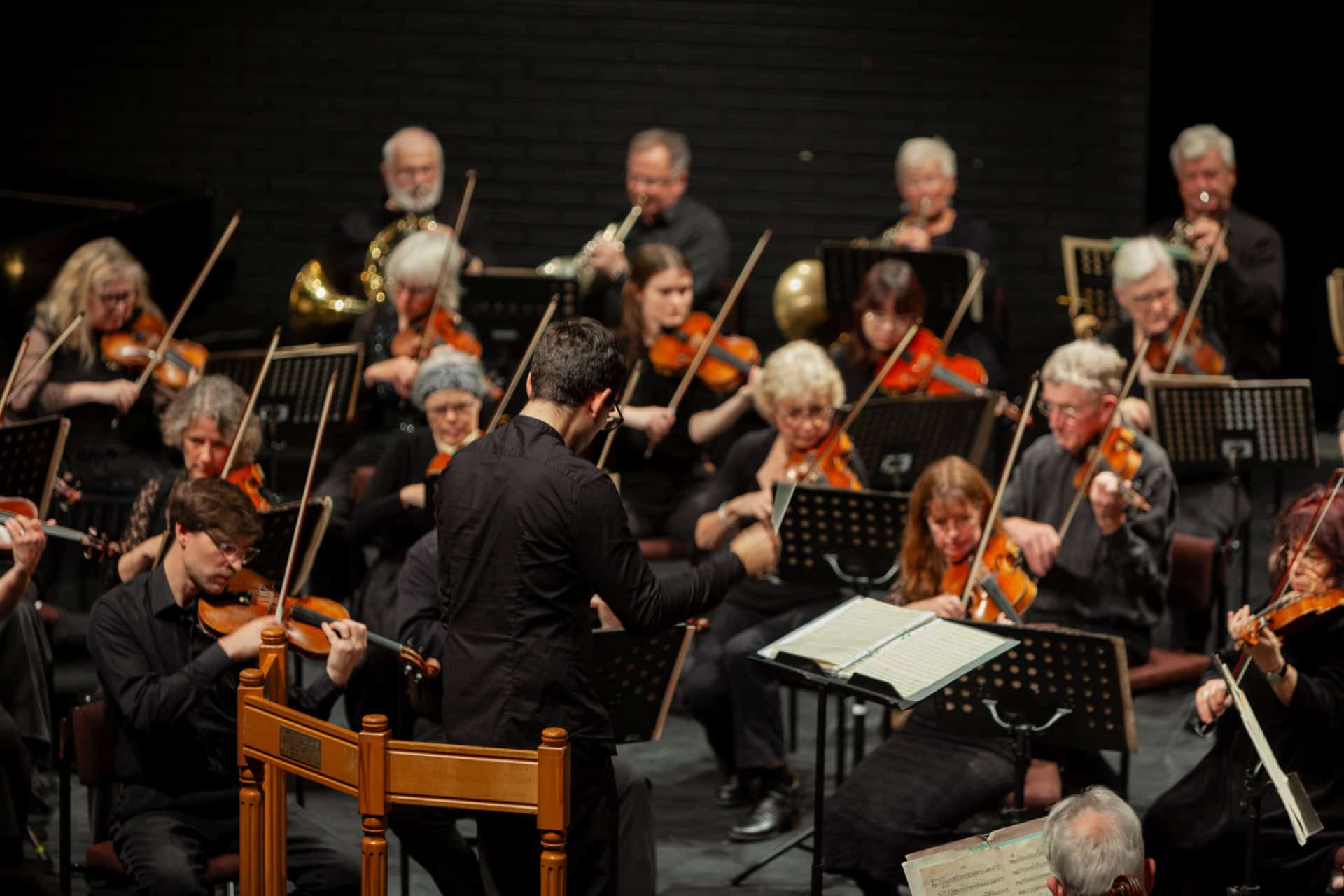
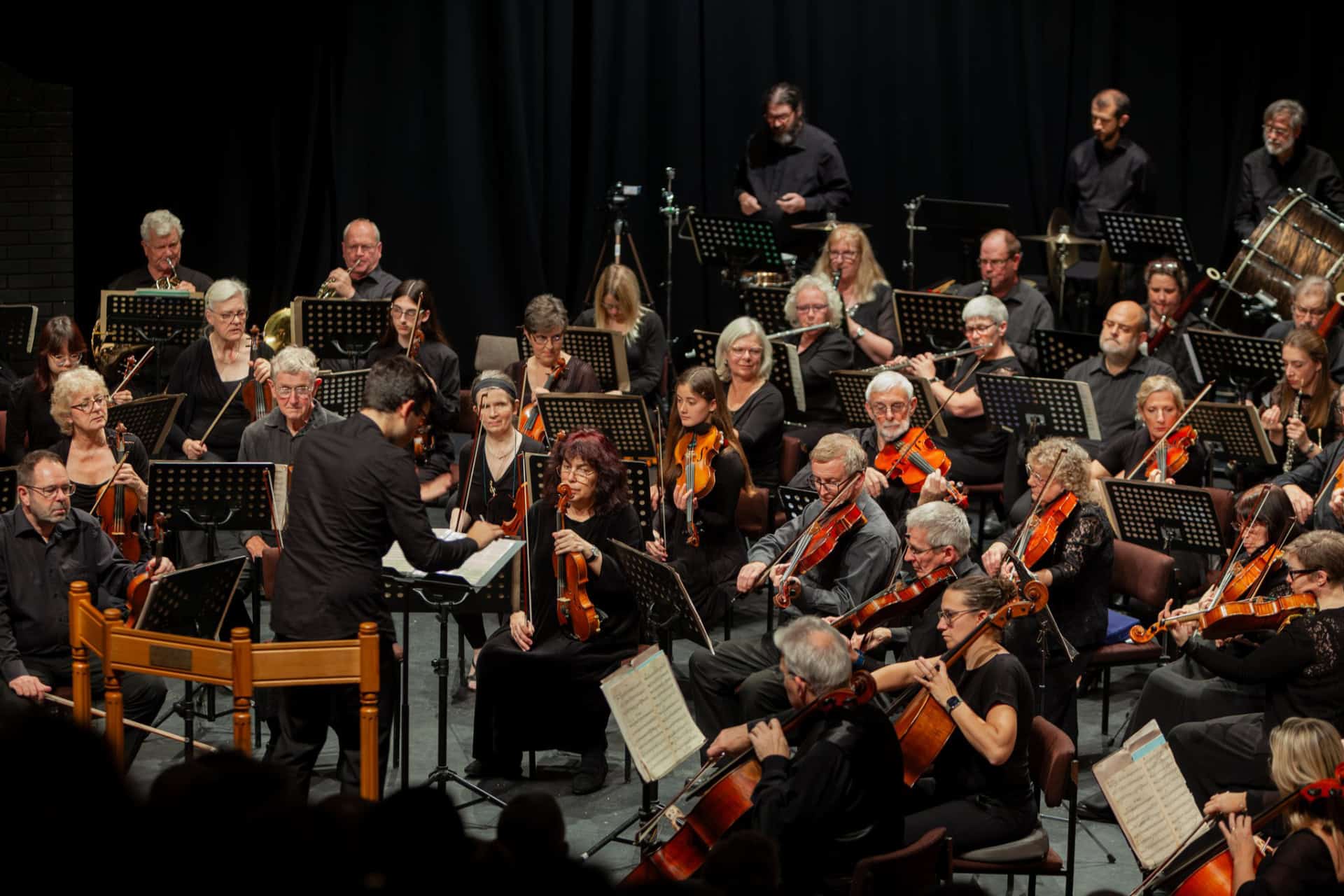
More dance than damnation
I need not have worried. As the orchestra and audience settled down and the guest conductor James Thomas stilled themselves for the first note, a familiar tune entered my ears, and I settled down to enjoy the lovely Hungarian March from the Damnation of Faust by Hector Berlioz.
Later, I was wondering how a lovely and lively march could be associated with the darkness of the Faust story, and I realised that Berlioz wrote a whole opera/cantata, which was not received well, although this march became very popular, and remains so, unmoored from its origins.
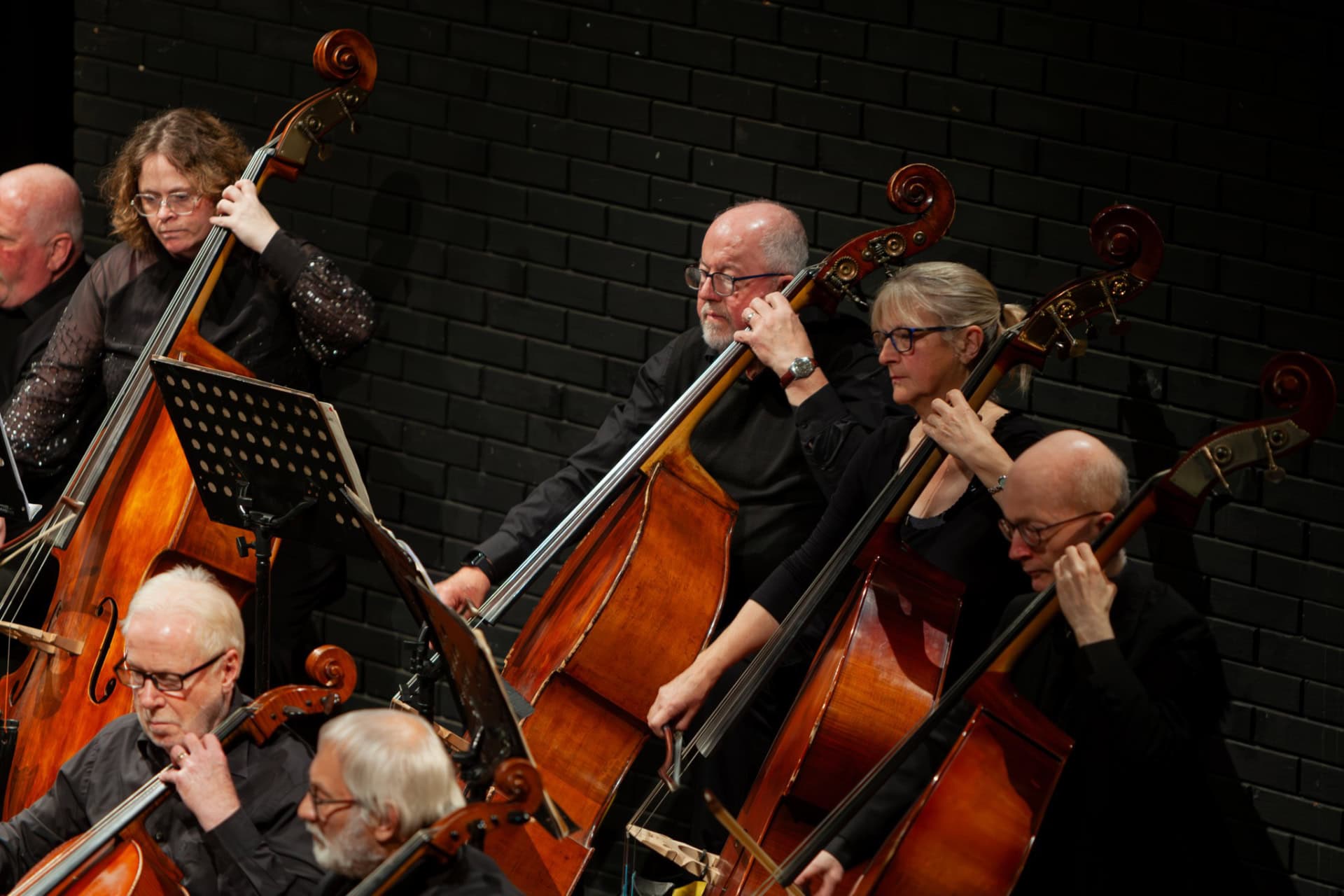
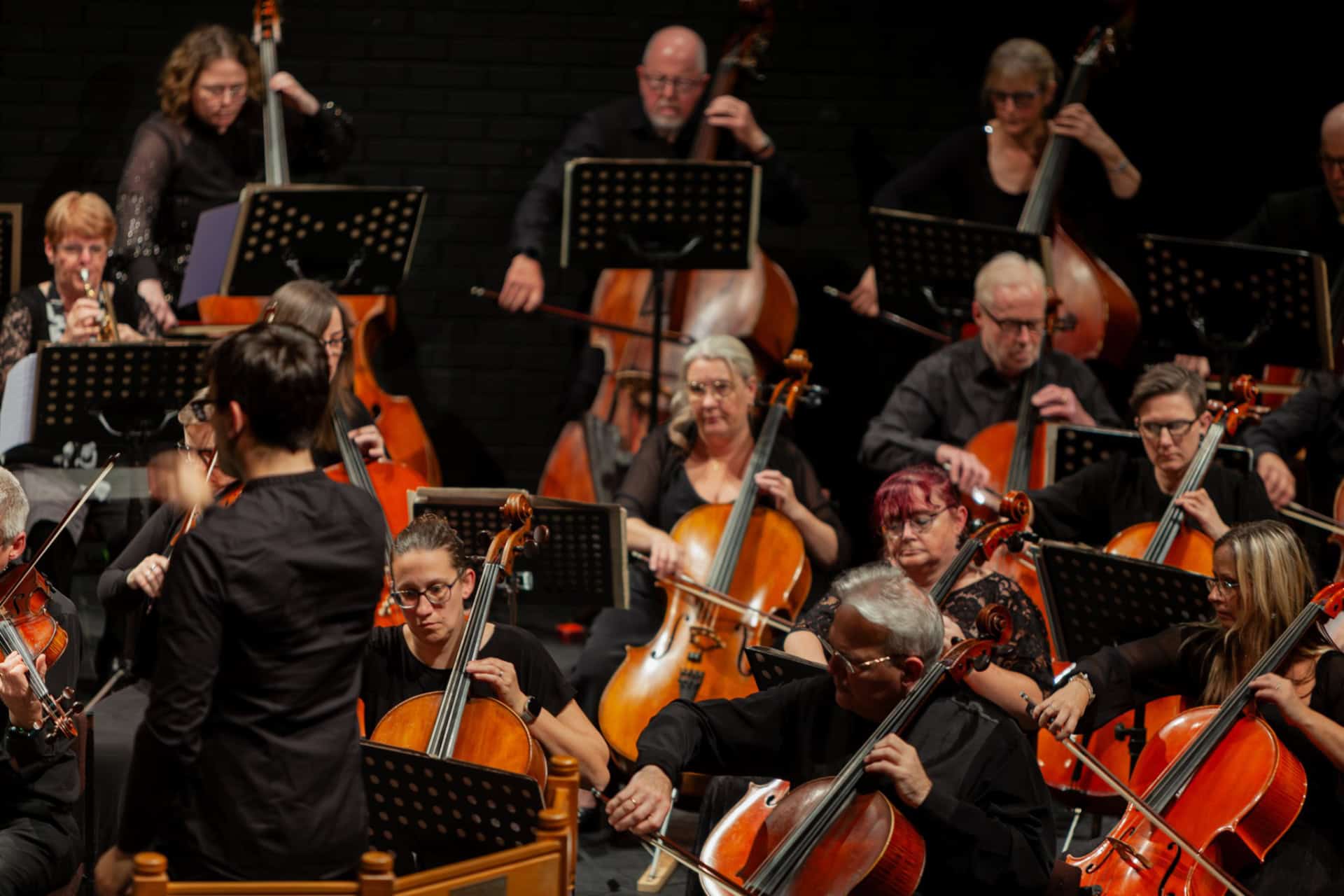
The march begins with a lovely fanfare from the brass section, and a jolly tune is taken up by increasingly more of the orchestra, full of good humour and delight, building to a rousing crescendo. There was well-deserved enthusiastic applause.
Suite Band Music
Gustav Holst is a well-loved English composer, who faced challenges. He had bad eyesight and asthma, but took up the trombone, and supported himself by initially playing in assorted bands. When he started composing, he wrote his Suite in Eb, scored for a typical military band, but allowing for more musicians to join in.
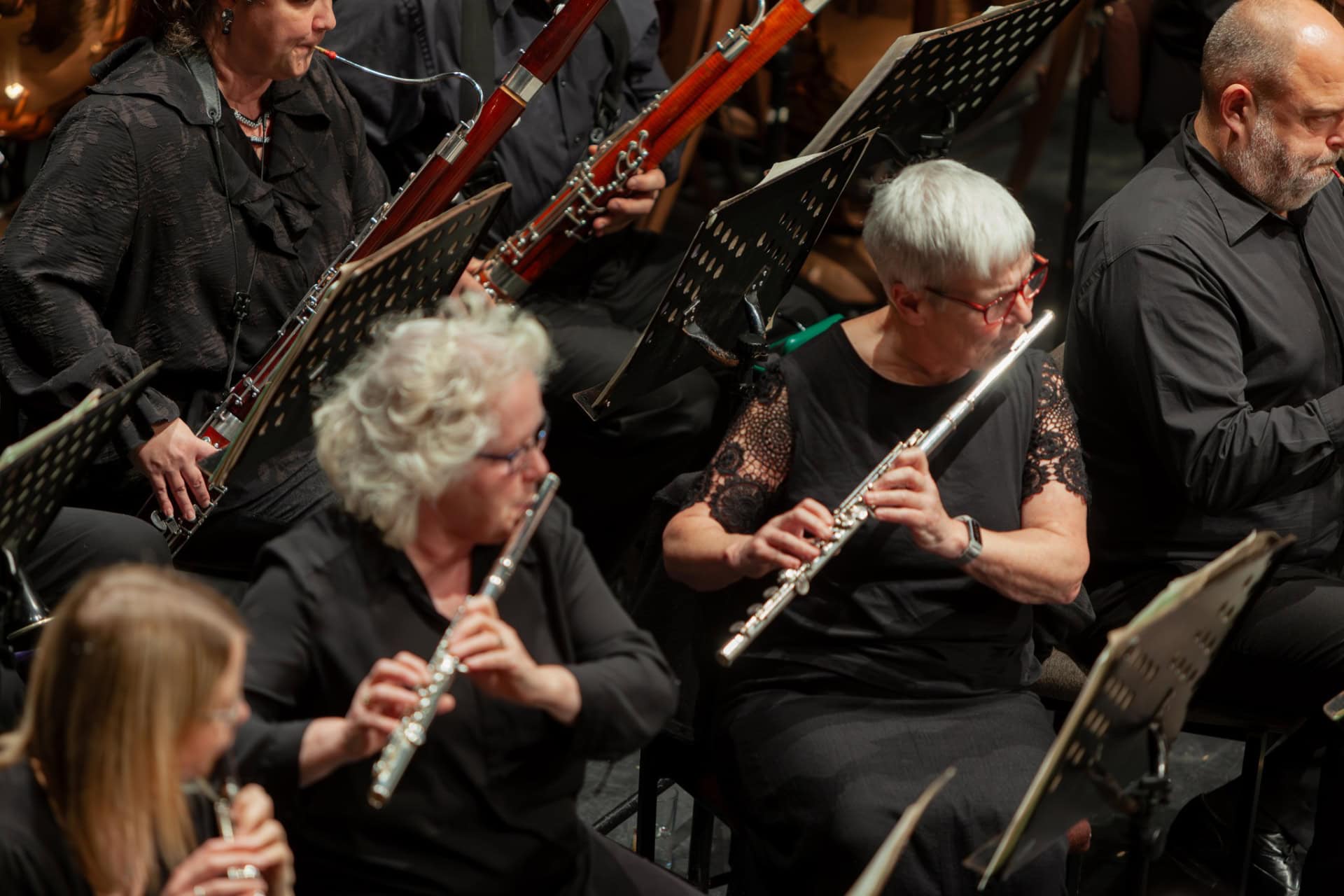
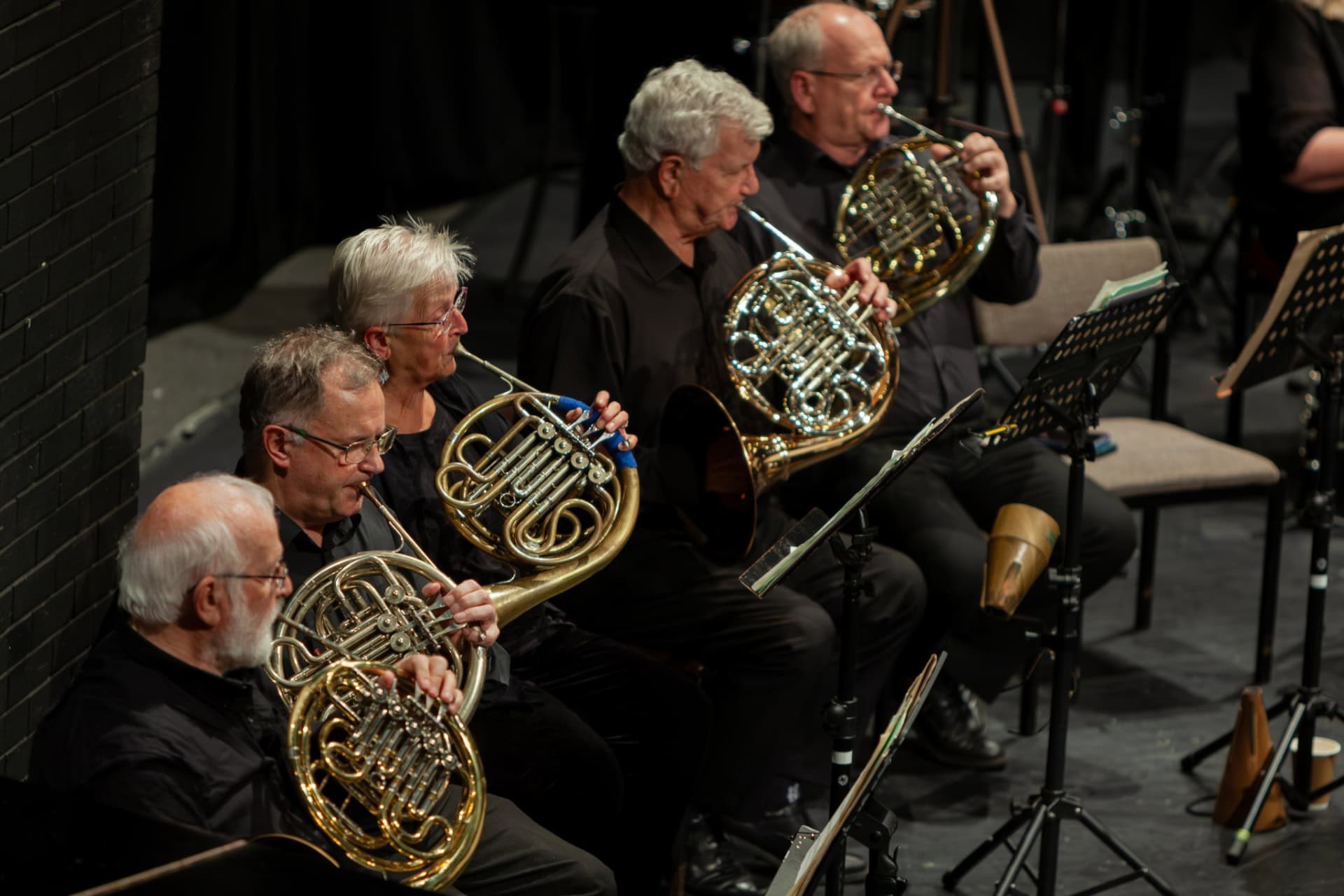
The three movements do feature brass instruments, but feel like they could be adapted for any number of variations. It is made up of lively tunes that sound as if they have been taken from folk music, a feature of much of Holst’s work, and feel very danceable. The orchestra played it beautifully, smoothly changing tempo and volume between tunes, like a well-tuned machine.
The audience could be seen gently nodding their heads in appreciation, and applauded warmly afterwards. It was lovely, and very enjoyable.
A Joyful Piano Concerto
Next was the Piano Concerto No. 2 by Dimitri Shostakovich, played by Bo Lyu. Both concerto and performer were completely new to me. Shostakovich had a difficult professional life, having displeased Stalin in 1936 with the premier of his opera Lady Macbeth of the Mtsensk District. He struggled for years to survive the harsh regime, often fearing for his life. But he wrote this concerto 20 years later for his son Maxim, and it feels miraculous that it contains so much joy and energy.
Mr Lyu, who was born and educated in China, and is now a rising star, attacked the keyboard with precision and commitment from the first notes. He played the tumbling phrases so typical of Shostakovich with great feeling and energy, bringing out the intense joy and vigorous delight of the movement. I loved it.
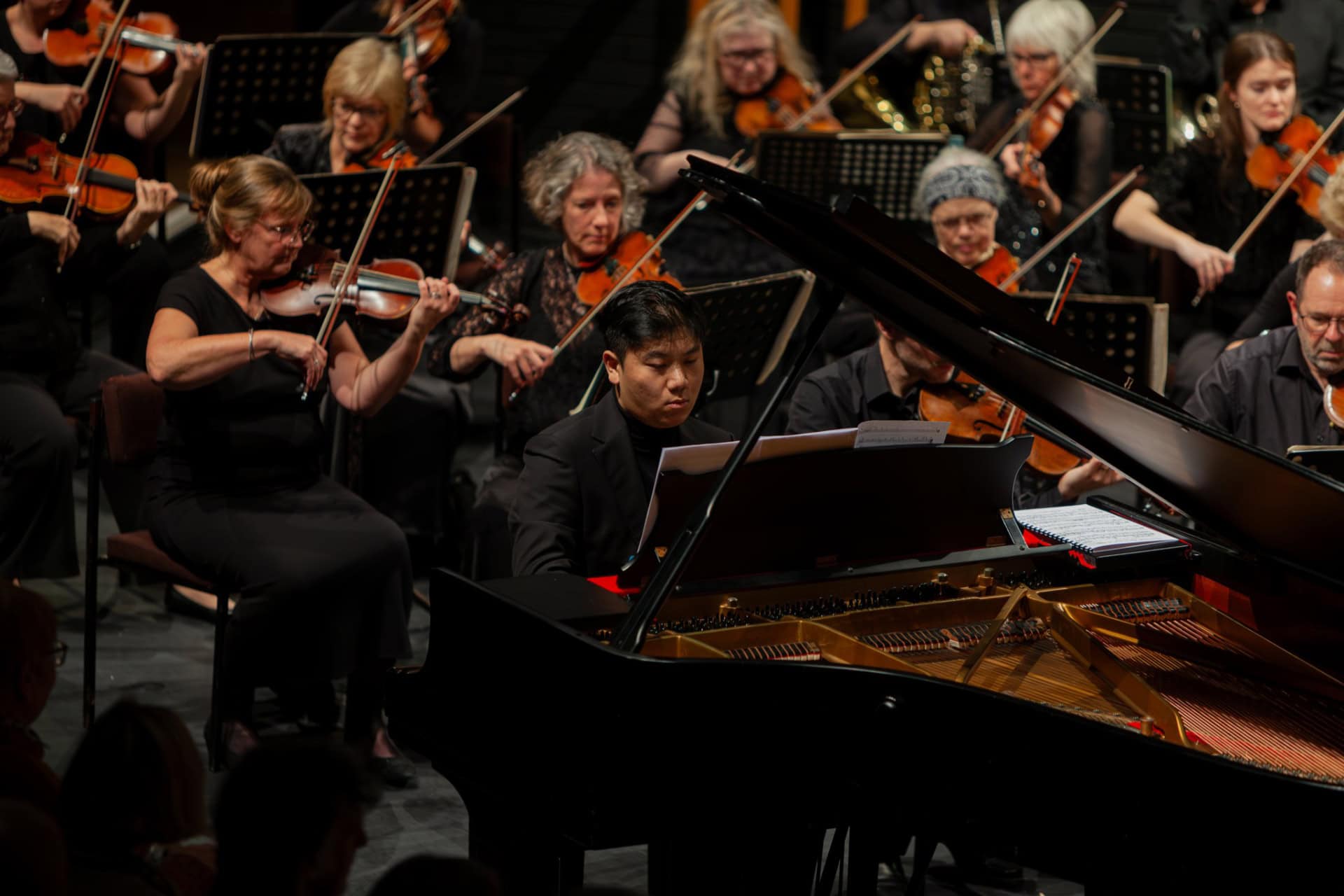
The second movement starts much quieter and slower, featuring calm melodies that reflect a deep reservoir of feeling and reflection. The third movement gradually builds into a lively urgent tune with lots of activity and movement, suggesting a sense of purpose and energy, requiring amazingly fast fingerwork, reminiscent in places of the kind of exercises endlessly repeated by those learning the piano.
It builds gradually to a fast and sudden climax and a triumphant ending. Mr Lyu remained calm and concentrated throughout, and hardly seemed out of breath as he stood to receive rapturous applause. It was marvellous, and I can say that I’ve discovered a new favourite. Thank you all.
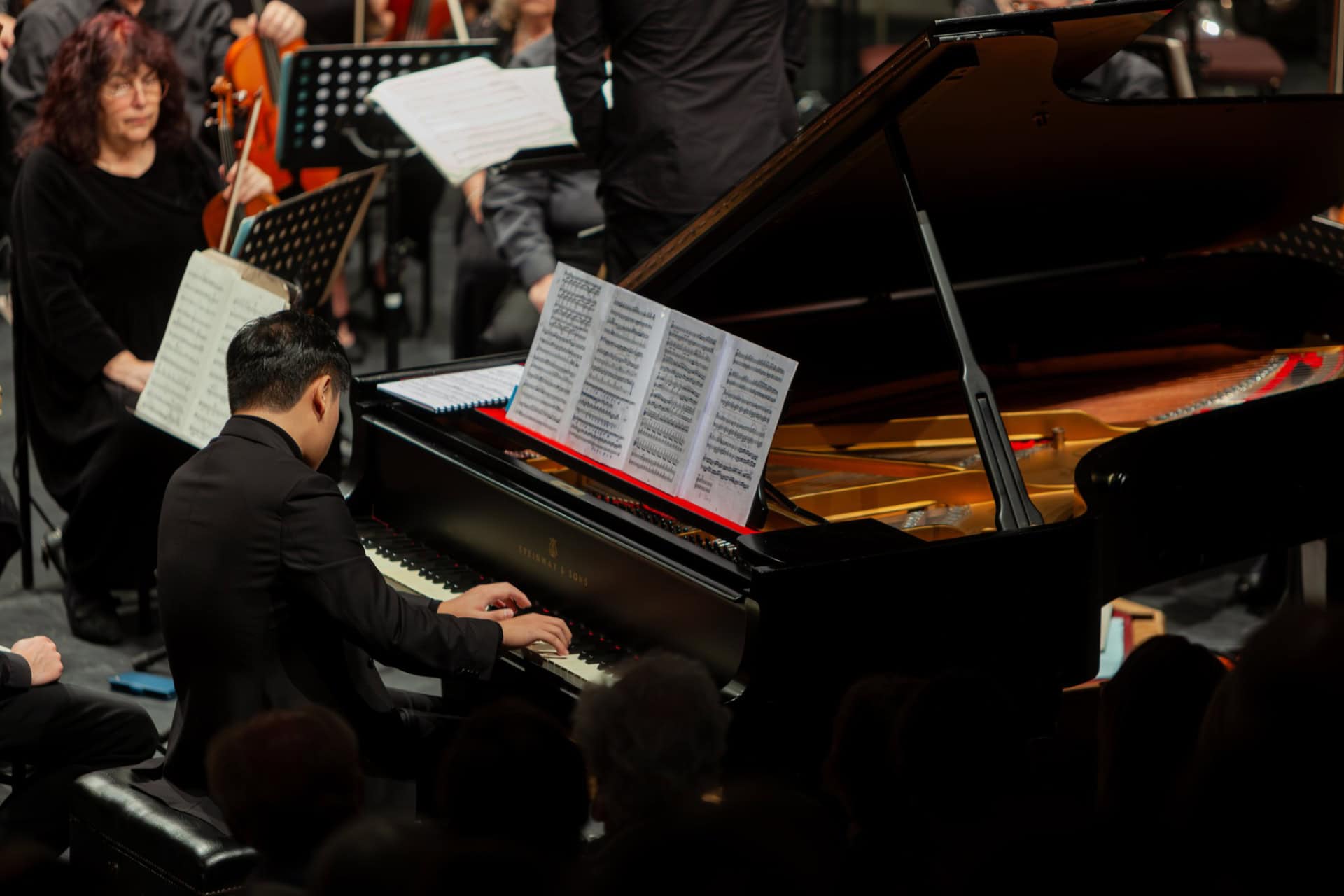
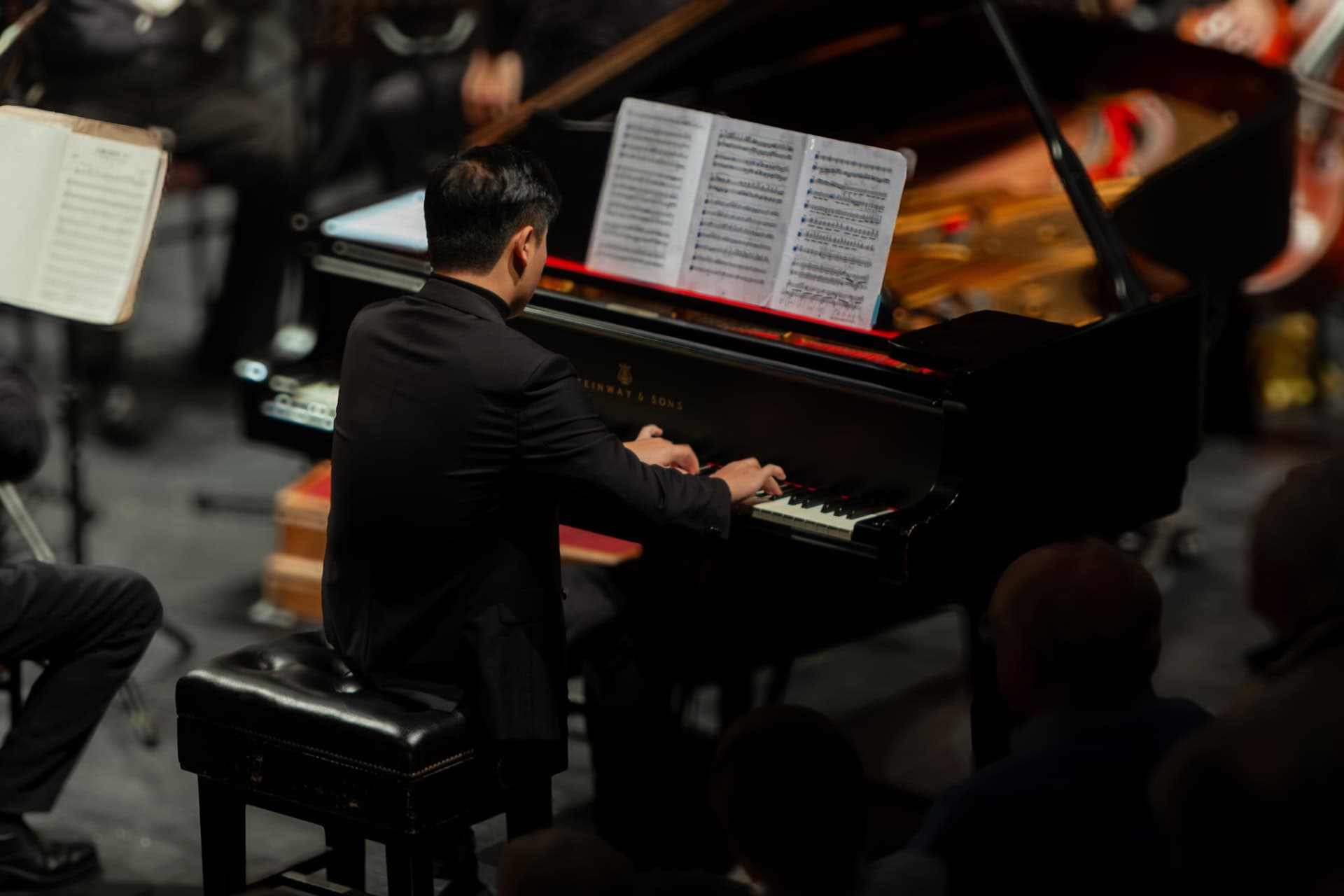
Mr Lyu returned to play an encore, the Minuet in G minor, by George Frideric Handel, a gorgeous jewel-encrusted box of a piece, all lush romanticism, played in a slow precise manner that contains intense emotions so typical of Handel. It was lovely and spell-binding, over too soon and leaving a sigh of contentment in the hearts of all who heard it. Mr Lyu is a wonderful talent, and I hope we see him again soon.
A Symphony for the Ages
After the interval, the orchestra returned to play Anton Bruckner’s Symphony No. 4. Anton Bruckner was notorious for revising his work, and this symphony was originally written in 1874, first performed in 1881, and revised again in 1888. The version we heard on Saturday was the middle of the three. It begins with a horn call over quiet strings, and continues to paint a romantic picture of dawn in the countryside and a group of hunters setting out for a day, enveloped in the magic and mystery of Nature itself. It contains quiet thoughtful moments with great building themes, and develops the grandeur and beauty of its pastoral theme.
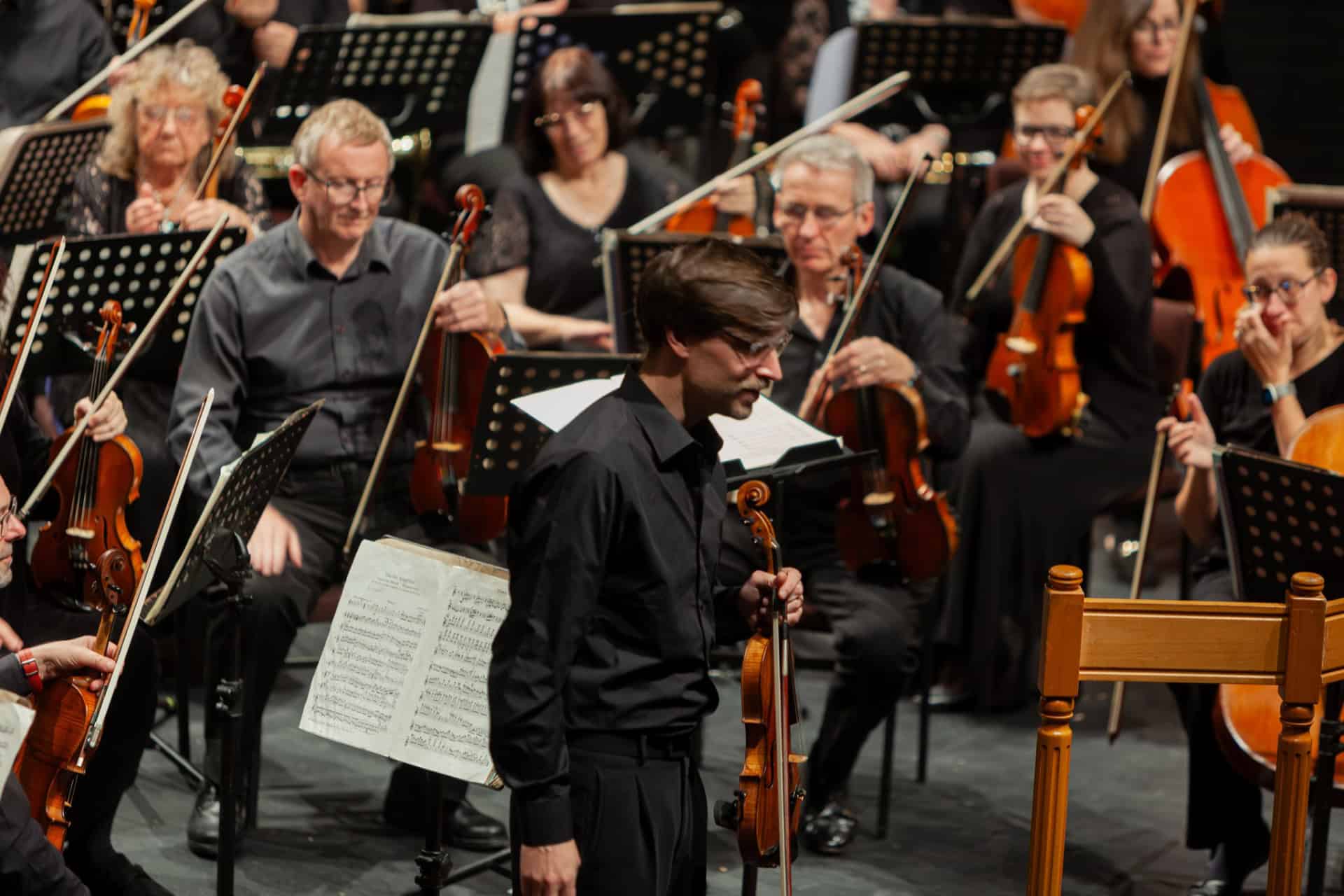
The second movement is quiet and thoughtful, featuring all the instruments of the orchestra, as well as a rare but welcome extensive viola theme. The third movement is more vigorous, portraying the hunt in all its wildness and quieter moments. Bruckner takes his time, building his themes carefully and with precision, taking the audience on a carefully-managed musical journey full of observation and movement.
The final movement opens strongly, with the elements of the orchestra layering the theme and building the melody slowly, exploring various themes as it moves relentlessly towards its thrilling climactic ending. This is a huge and very long symphony, requiring the full attention of all the musicians, and testing the full range of the orchestra’s versatility and musical skill.
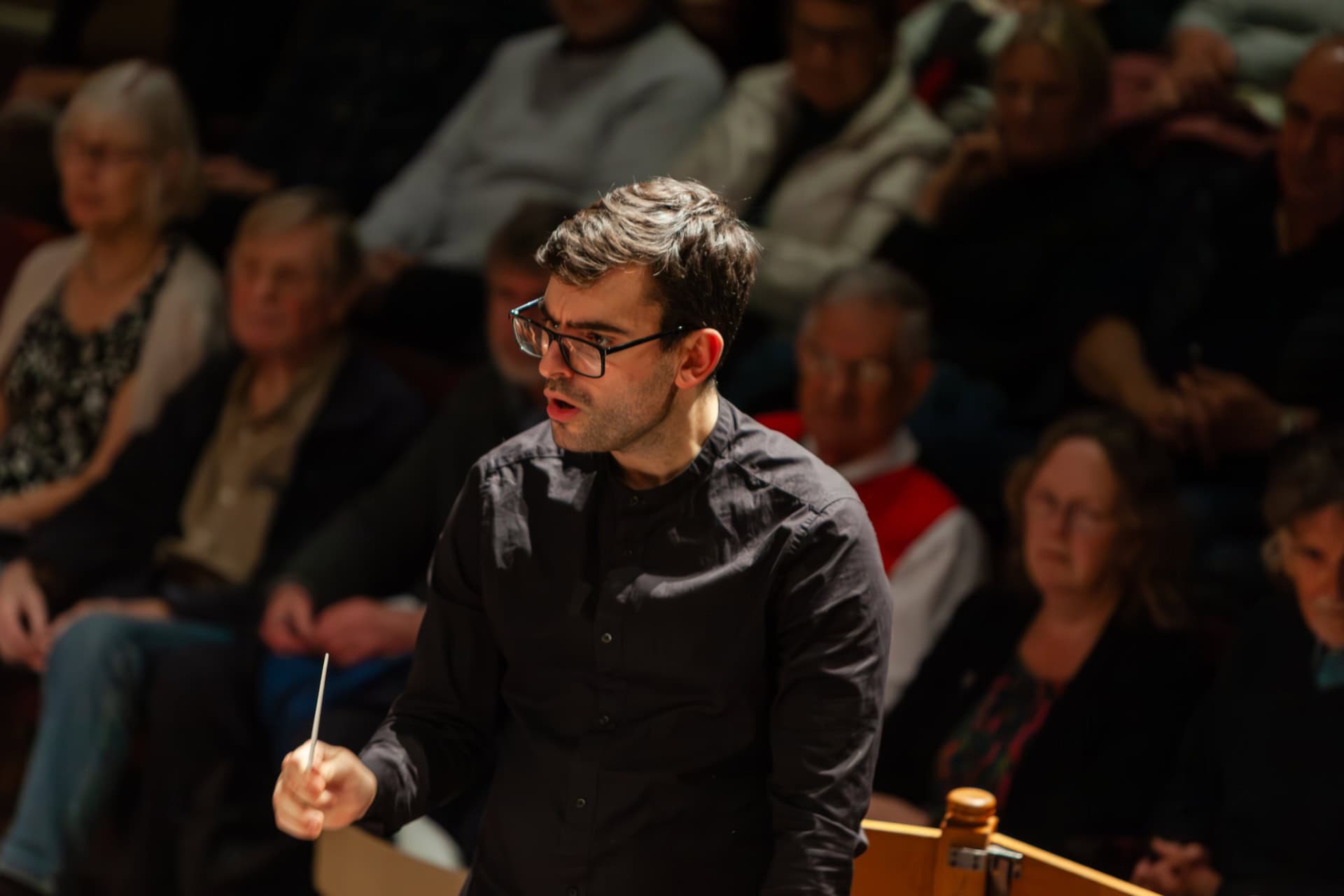
It requires the same concentration from the audience, and rewards that effort with a sense of something large and climactic. The Isle of Wight Symphony performed at the height of their powers, and gave a performance they can be proud of. The audience applauded long and hard, in recognition of the wonderful performance they had witnessed. Thank you, all the musicians, and the conductor, Mr Thomas, for a wonderful evening of music to be remembered for a long time.
Thank you again B. Blumenthal, whoever you are, for the excellent programme notes. You saved my dignity again.
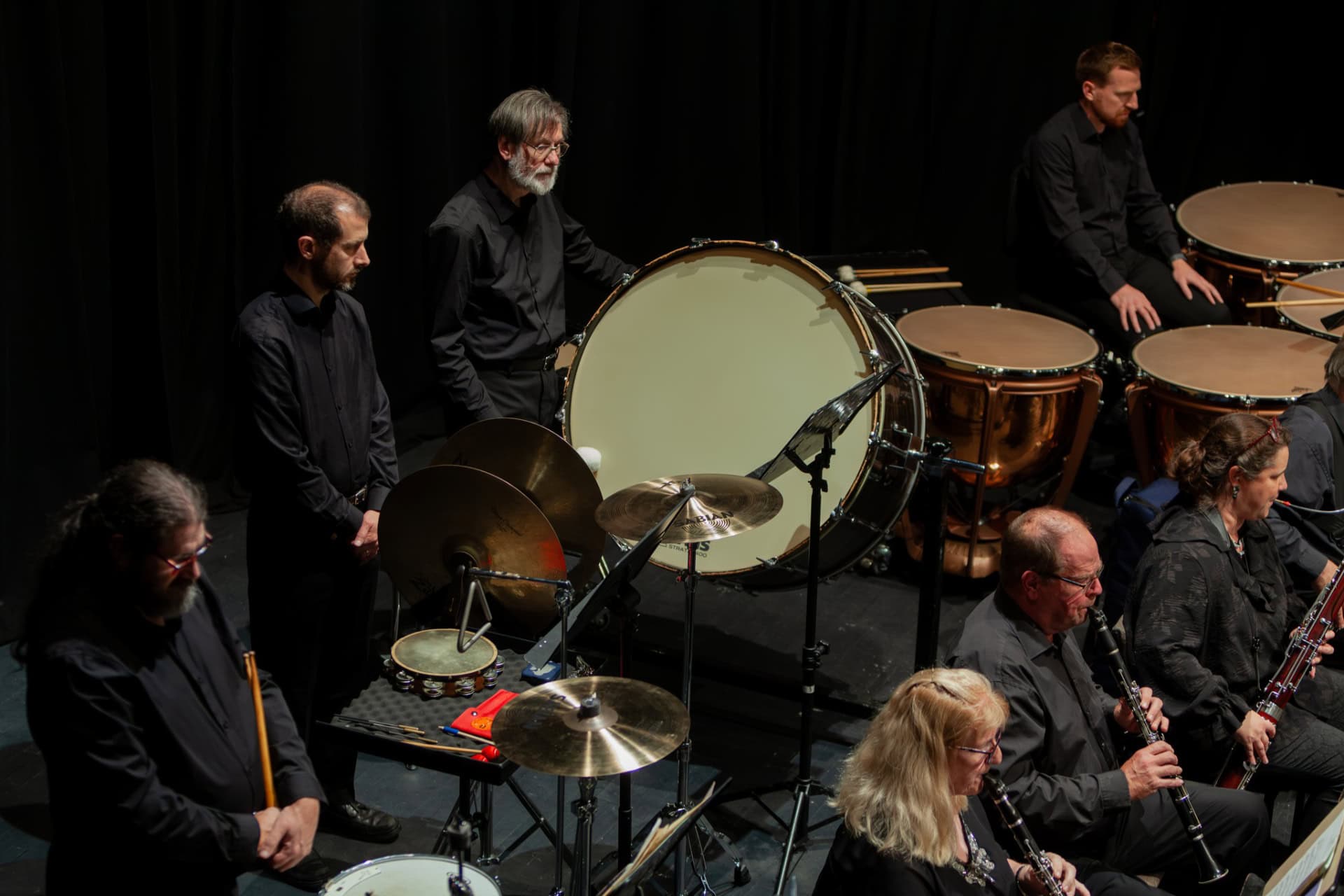
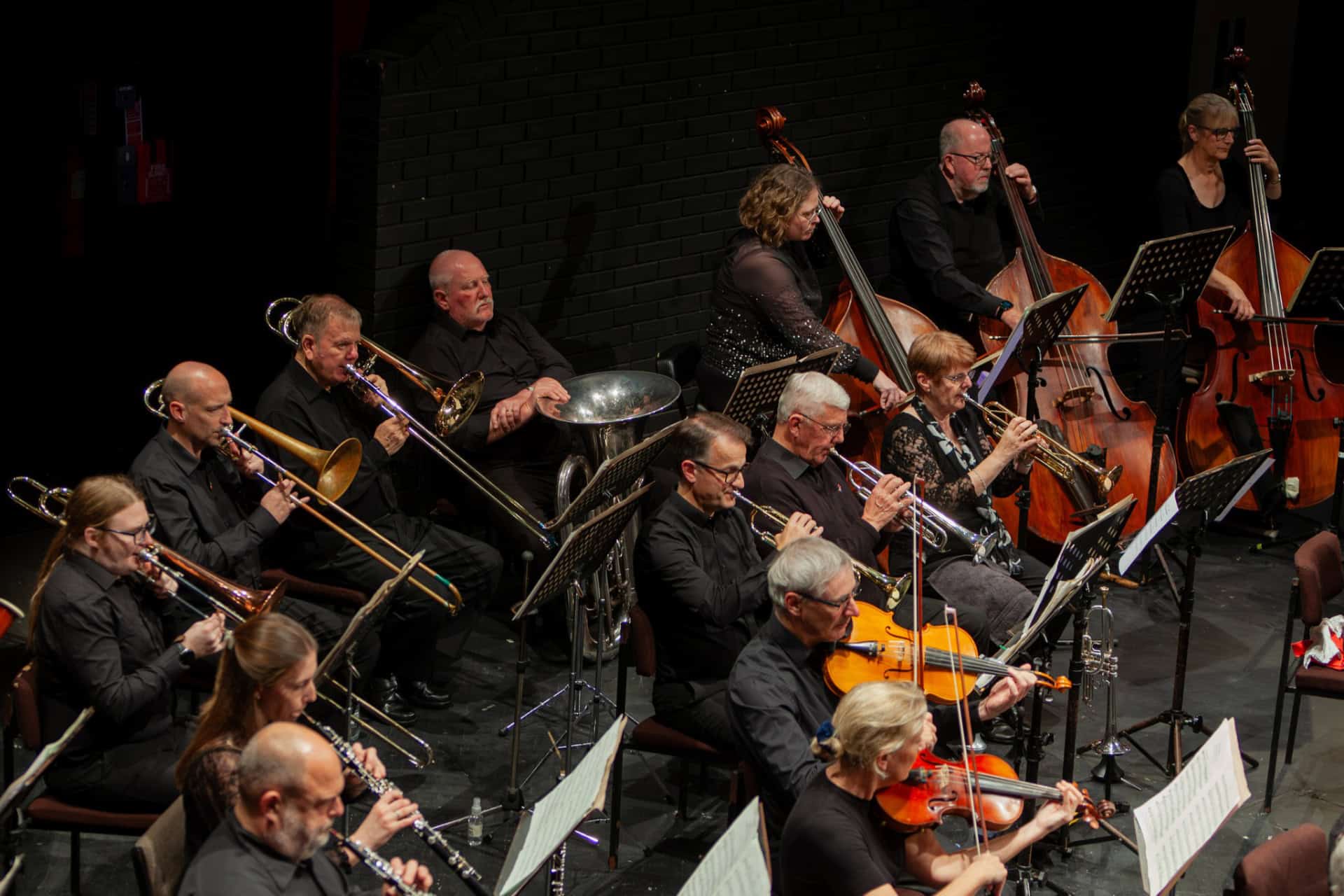
Next Concert
The next IWSO concert will take place as usual at the Medina Theatre on Saturday 18th January 2025 at 7.15pm.
It will feature the marvellous Flying Dutchman Overture by Richard Wagner After that will be Edward Elgar’s magnificent Cello Concerto, played by Finn Mannion, as featured recently playing with the IWSO. I’m salivating at the mere thought of this!
The programme continues with the Wind Serenade in Eb by Richard Strauss and finishing with Sergei Rachmaninov’s Symphonic Dances.
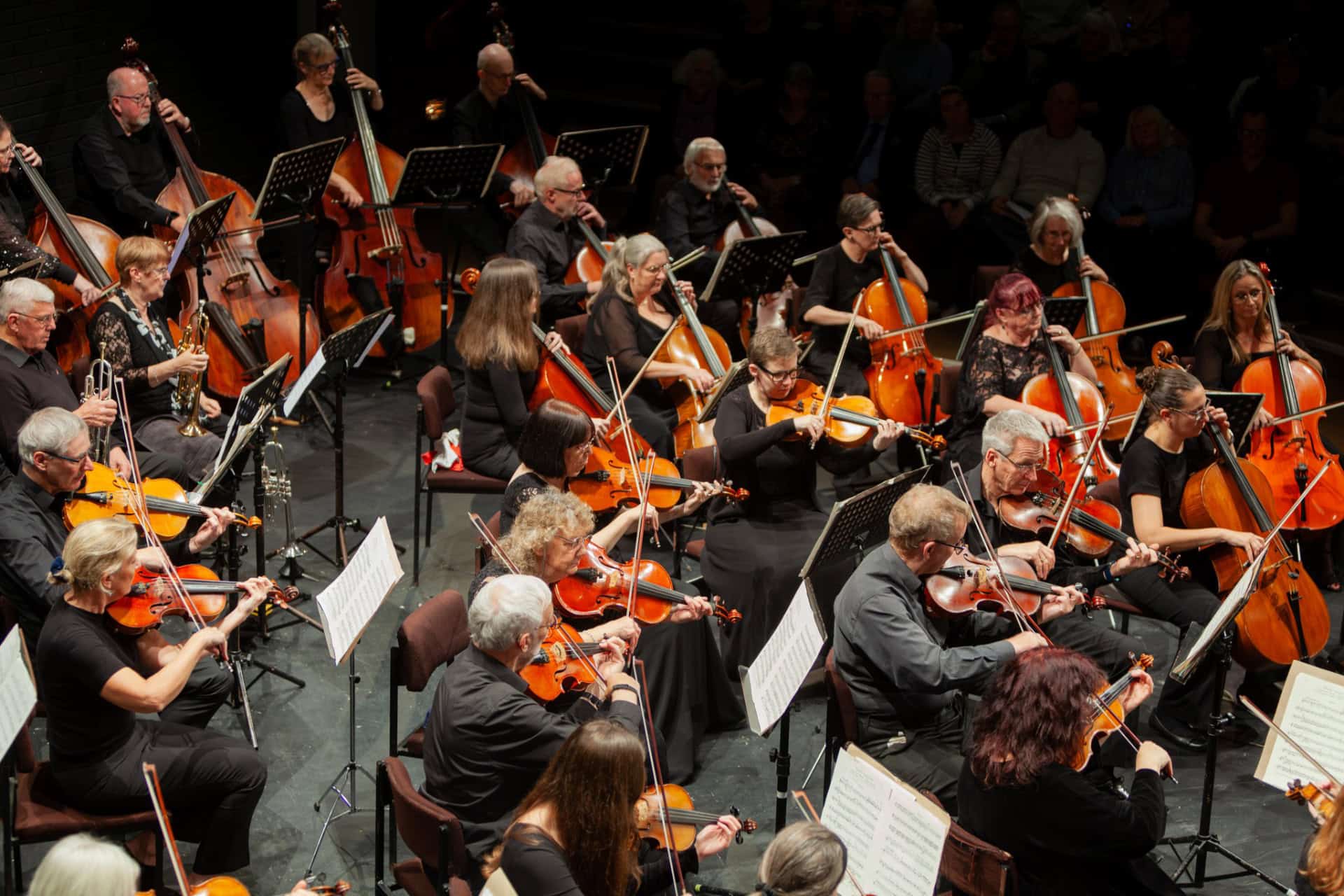
Book now
The first concert was fantastic, and this promises to continue in a wonderful fashion. We are so lucky to have our own Island Symphony Orchestra, and doubly blessed, because they play music of such brilliance with great craft and quality.
If you’ve never been, you should drop everything and buy tickets, because it’ll be an evening you won’t forget. I’m really looking forward to it.
See you there!

